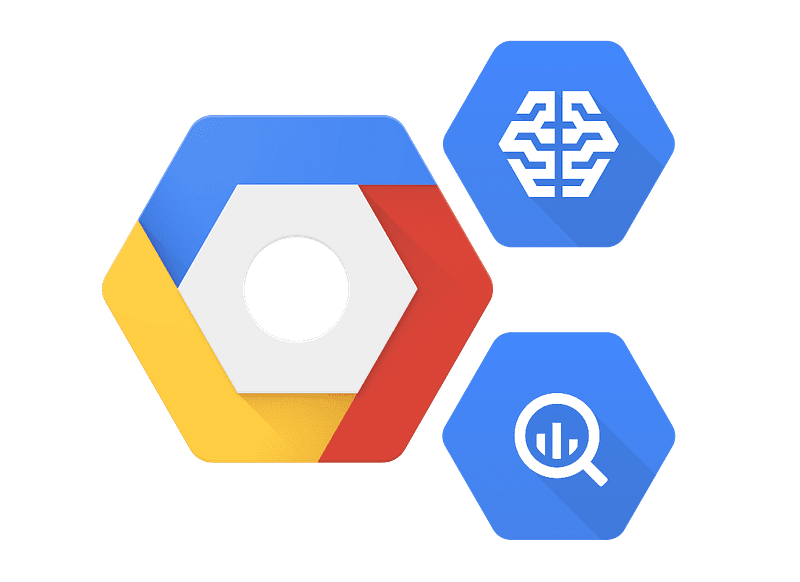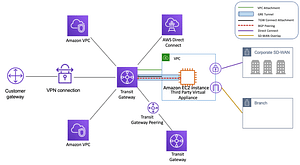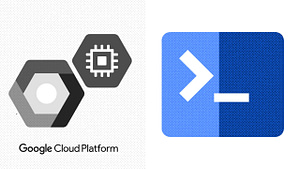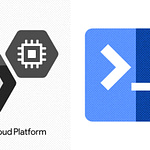Google Cloud Platform (GCP) offers a variety of AI and machine learning tools that can help businesses and organizations improve their operations and make more informed decisions. In this blog post, we will explore two of these tools: TensorFlow and BigQuery.
What is TensorFlow?
TensorFlow is an open-source machine learning platform developed by Google. It is used for a wide range of applications, including image and speech recognition, natural language processing, and predictive modeling. TensorFlow is popular among developers because it is easy to use and has a large community of users who share resources and best practices.
TensorFlow is particularly useful for tasks that require large amounts of data, such as image or speech recognition.
How is TensorFlow used on GCP?

GCP offers several options for using TensorFlow, including:
- Cloud TensorFlow: This is a fully managed version of TensorFlow that runs on GCP. It allows you to train and deploy machine learning models quickly and easily, without the need to set up and maintain your own infrastructure.
- AI Platform: This is a suite of tools and services for building, training, and deploying machine learning models on GCP. It includes Cloud TensorFlow, as well as other tools such as Jupyter notebooks and AI Platform Notebooks.
- TensorFlow on Compute Engine: This option allows you to use TensorFlow on virtual machines (VMs) running on GCP’s Compute Engine. This is a good option if you need more control over your environment or if you have specific requirements that are not supported by Cloud TensorFlow.
What is BigQuery?
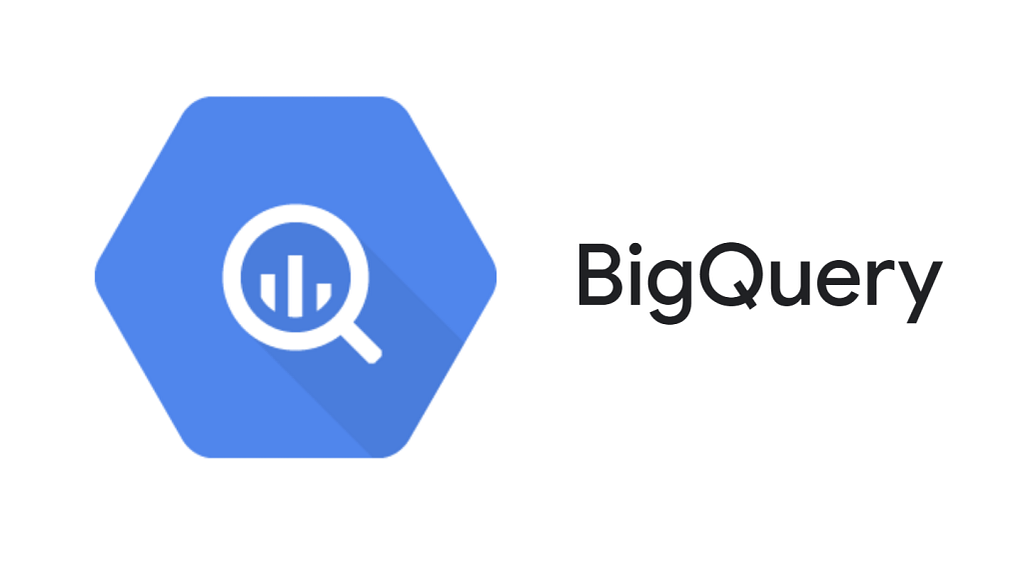
BigQuery is a cloud-based data warehouse service offered by GCP. It allows you to store and analyze large amounts of data quickly and efficiently. BigQuery is designed to handle petabyte-scale datasets and can handle billions of rows of data in seconds.
BigQuery is a fully managed, cloud-native data warehouse that makes it easy to analyze large datasets using SQL. It’s designed to handle petabyte-scale datasets with low latency, making it ideal for real-time analytics. BigQuery integrates with other GCP tools, such as Cloud Data Fusion and Cloud Dataproc, to provide a complete data processing and analysis platform.
How is BigQuery used with AI and machine learning on GCP?
BigQuery can be used in conjunction with AI and machine learning tools on GCP in several ways:
- Data preparation: BigQuery can be used to preprocess and clean large datasets, which can then be used as input for machine learning models.
- Model training: BigQuery can be used to train machine learning models by providing the necessary data and computing resources.
- Model evaluation: BigQuery can be used to evaluate the performance of machine learning models by running queries on the results and comparing them to expected outcomes.
- Model deployment: Once a model has been trained and evaluated, it can be deployed using GCP’s AI Platform and used to make predictions on new data.
Conclusion:
GCP’s AI and machine learning tools, such as TensorFlow and BigQuery, can be used together to build and deploy powerful machine learning models that can help businesses and organizations make better decisions and improve their operations. Whether you are a developer looking to build machine learning models or a data scientist looking to analyze large datasets, GCP has the tools and resources you need to get started.
In addition, GCP’s AI and ML tools are highly customizable, allowing you to fine-tune your models and get the most accurate results. They also offer strong security and privacy features, so you can trust that your data is safe and secure.
Overall, GCP’s AI and ML tools are a powerful resource for businesses and organizations looking to harness the power of data analysis and make informed decisions. Whether you’re looking to build custom ML models with TensorFlow or analyze large datasets with BigQuery, GCP has the tools you need to get started.


